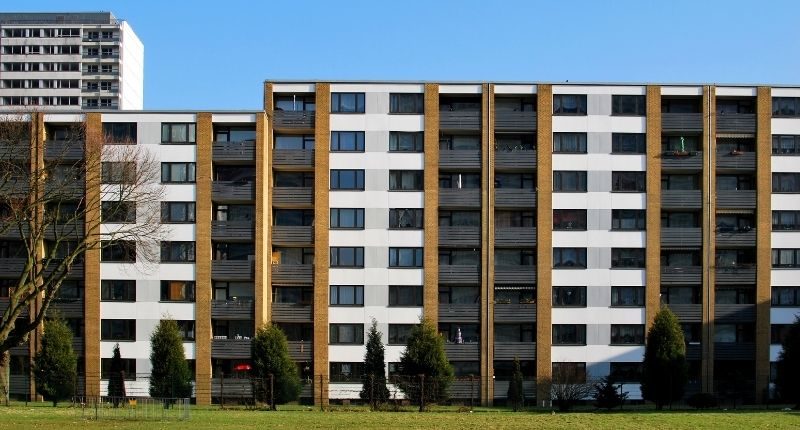- The proposed tax would have placed a levy on all new property developments with over three dwellings
- Reforms included cutting red tape to fast track new builds
- Property industry argued the burden with have been placed on home buyers
The Victorian government has today announced the end of a housing development tax that was designed to fund social housing projects.
The government is in the middle of its major $5.3 billion Big Housing Build, the largest social housing program undertaken by any Australian state.
The 1.25% levy would have applied to all new developments consisting of three or more dwellings and was part of a wider housing reform package. The levy was expected to raise about $800 million per year.
According to the Victorian government, the package would have delivered around $7 billion in benefits over the next decade.
Red tape would have been cut, accelerating the assessment pathways for major developments by six months. Social housing would have also been exempted from council rates as seen with other public assets such as schools and hospitals.
“This package would have delivered massive benefits for the development sector while ensuring a modest and reasonable contribution was returned to social and affordable housing for Victorians,” said Treasurer Tim Pallas.
“We won’t create super profits for a sector that will not share a portion of the profits with Victorians.”
Tim Pallas, Victorian Treasurer
Housing Minister Richard Wynne said the package would have provided many Victorians with the “dignity of housing” and criticised property developers who opposed the plan.
“The property and development sector has chosen an extraordinary position against supporting these sensible reforms, and the dual benefits for planning and vital public infrastructure.”
Decision welcomed
Unsurprisingly, property developers have welcomed the decision. The wider property industry argued the tax would have ultimately passed on to homebuyers, further worsening housing affordability.
Councils were critical of the rate exemption prosed for social housing residents, which would have cost the average council million in income annually.
The Property Council of Australia noted last month that about 59% of Victorians taxation revenue came form property-associated taxes.
The Victorian branch of the Urban Development Institute of Australia (UDIA) said homebuyers were fed up with the tax burdens associated with housing affordability.
“UDIA Victoria has always supported a broad-based contribution to fund social and affordable housing, through which the burden is shared across the whole community and we remain available to Government to discuss how such a mechanism could be implemented,” said Mattew Kandelaars, UDIA Victoria CEO.
The only place where a social housing tax and planning reform is linked is within the bubble of Spring Street politics.”
“It’s frustrating that the Government has chosen to hold to ransom the improvement of inefficiencies within a state-sponsored planning system that would help to accelerate the Victorian economy out of the pandemic, with a $20,000 tax on homebuyers.
The ultimatum was put to us, but it is a position we could never accept.”
Matthew Kandelaars, UDIA Vic CEO








